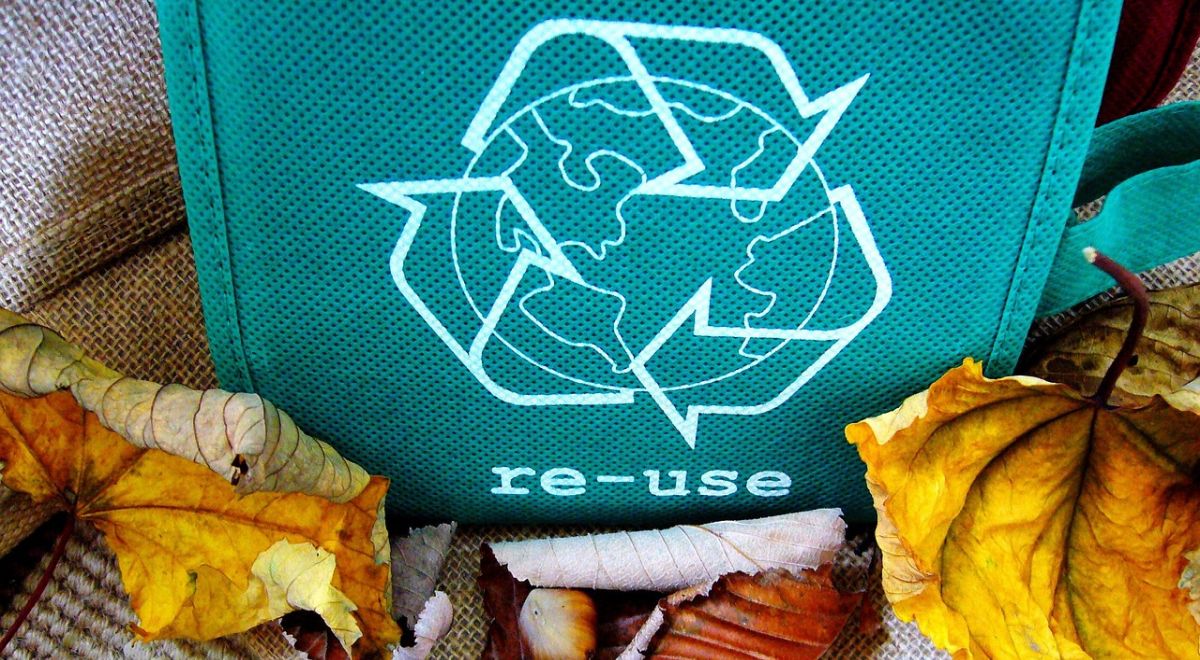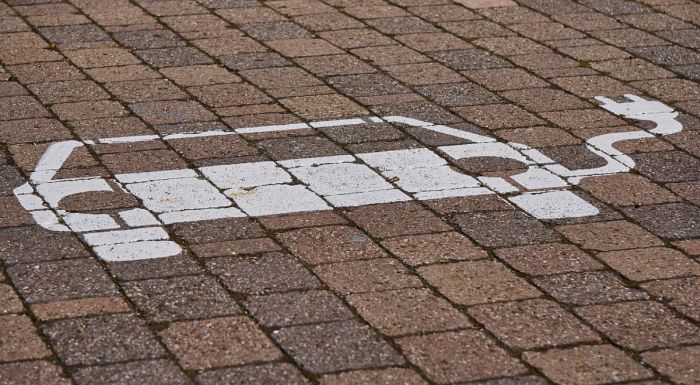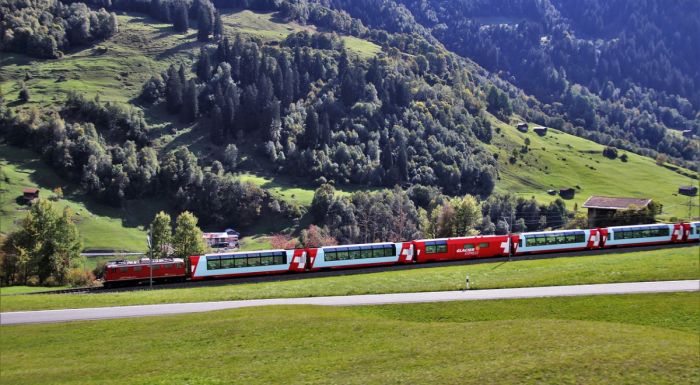
Zero-Waste Living for Beginners: Tips & Strategies for a Greener Life
The idea of zero-waste living has grown in popularity as more people begin to recognise the environmental impact of their daily choices. But what exactly does it mean? And how can you embrace a zero-waste lifestyle without feeling overwhelmed? We take a look at the idea of zero-waste living, to explain what it means and how you can take steps towards it in your life.
What is Zero-Waste Living?
The idea of zero-waste living is an eco-friendly philosophy. It focuses on reducing an individual’s ecological footprint by aiming to limit the amount of waste the person creates. The ultimate goal is, as the name suggests- to create no waste at all.
While it might seem like a daunting task, with the right knowledge and mindset, zero-waste living is both attainable and rewarding.
The Five Rs of Zero-Waste Living
Once upon a time, we had three Rs for eco-friendly living: reduce, reuse and recycle. However, that has been expanded to five and will provide a great framework for anyone looking to live a zero-waste life:
Refuse – Say no to unnecessary items, especially single-use plastics. Think about what you are bringing into your home and how it will be used. If it is likely to create waste or be a single-use item, say no.
Reduce – Limit the number of items you consume and focus on quality over quantity. We’ve all been guilty at times of buying multiple products that do the same job or something that we already own. Think carefully about the things you need and use that knowledge to reduce what you buy.
Reuse – Before disposing, consider if items can serve another purpose. A container could be repurposed as a plant pot, an old item of clothing could be a wash cloth. The potential for reuse is only limited by your creativity.
Recycle – If all else fails, ensure items are properly recycled to reduce landfill waste. This connects to the point above about focusing on what you buy. Wherever possible, buy items that can be recycled if necessary.
Rot – Make natural recycling a part of your regular life and start composting. When you compost organic waste, you can return nutrients to the earth and save yourself some money at the garden centre.
Practical Tips to Start Your Zero-Waste Journey
Starting to live a zero-waste life can appear to be a monumental task but these simple steps will have you soon on your way:
1. Assess Your Waste
Begin by examining your waste at home. What do you throw away the most? Identifying these items can help pinpoint areas to tackle first.
2. Reusable Alternatives
Swap single-use items like straws, bags, and cups for reusable alternatives. Invest in stainless steel straws, cloth bags, and glass or stainless steel containers.
3. DIY Cleaning Supplies
Many cleaning agents come in plastic bottles and contain harsh chemicals. Opt for homemade alternatives using ingredients like white vinegar, baking soda, and essential oils. These will be less harsh and, in my experience, produce better results when cleaning.
4. Shop Smart
Visit local markets, bulk stores, or zero-waste shops to buy products without unnecessary packaging. Bring your containers, jars, and bags. Similarly, take your reusable coffee cup wherever you go, to ensure you have it on hand when you need a shot of caffeine.
5. Minimize Food Waste
Plan meals, store food correctly, and embrace leftovers. As mentioned above, composting is also an excellent solution for unavoidable food scraps.
Strategies to Maintain Your Zero-Waste Lifestyle
You’re now on the road towards a zero-waste life, but how do you keep it going. These strategies will help you as you continue your journey:
1. Continuous Learning
Stay updated with the latest sustainable practices. There are numerous books, blogs, and documentaries that can help you to keep up to date on zero-waste living.
2. Connect with Communities
Join local or online zero-waste communities. These platforms are great for exchanging tips, sourcing eco-friendly products, and seeking support.
3. Celebrate Small Wins
It’s essential to recognise and celebrate milestones, no matter how minor they may seem. These achievements keep you motivated and remind you of the positive impact you’re making.
Zero-Waste Myths Debunked
There are some common myths and misunderstandings about zero-waste living that are worth discussing. Two in particular crop up a lot and need to be discussed:
1. “Zero-Waste is Expensive”
On the contrary, a zero-waste lifestyle can end up saving you money. It may seem expensive at first as there will be an initial outlay in various reusable products. However, in the long run, you will save money. Think about all the single-use products you are no longer buying, or the way that you are reducing the amount of items you are buying.
You also have an option to reduce the initial outlay by staggering your purchases; buying them as and when you need them.
2. “It’s All or Nothing”
No one expects that you will go right down to zero. Very few people will come close to that. However, even small changes can make a significant difference. The aim is to reduce waste, and every bit counts.
Challenges and How to Overcome Them
Every journey comes with hurdles. Here’s how to navigate common challenges:
Feeling Overwhelmed – Start small. Tackle one area of your life at a time, like your kitchen or bathroom.
Lack of Resources – Seek out community swaps, local zero-waste shops, or online platforms. The zero-waste movement is growing, and resources are continually expanding.
Sceptical Friends and Family – Educate them gently. Share documentaries, articles, or your personal experiences. Remember, it’s about planting seeds, not forcing change.
Embracing zero-waste living doesn’t mean achieving absolute zero waste. It’s about continuous efforts to reduce our impact on the environment. By incorporating practical tips and strategies highlighted in this guide, you’re well on your way to leading a more sustainable, eco-conscious life.
As we always say: It’s not about a handful of people doing zero-waste perfectly, but millions of people doing it imperfectly. Begin your journey today!




